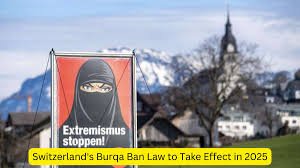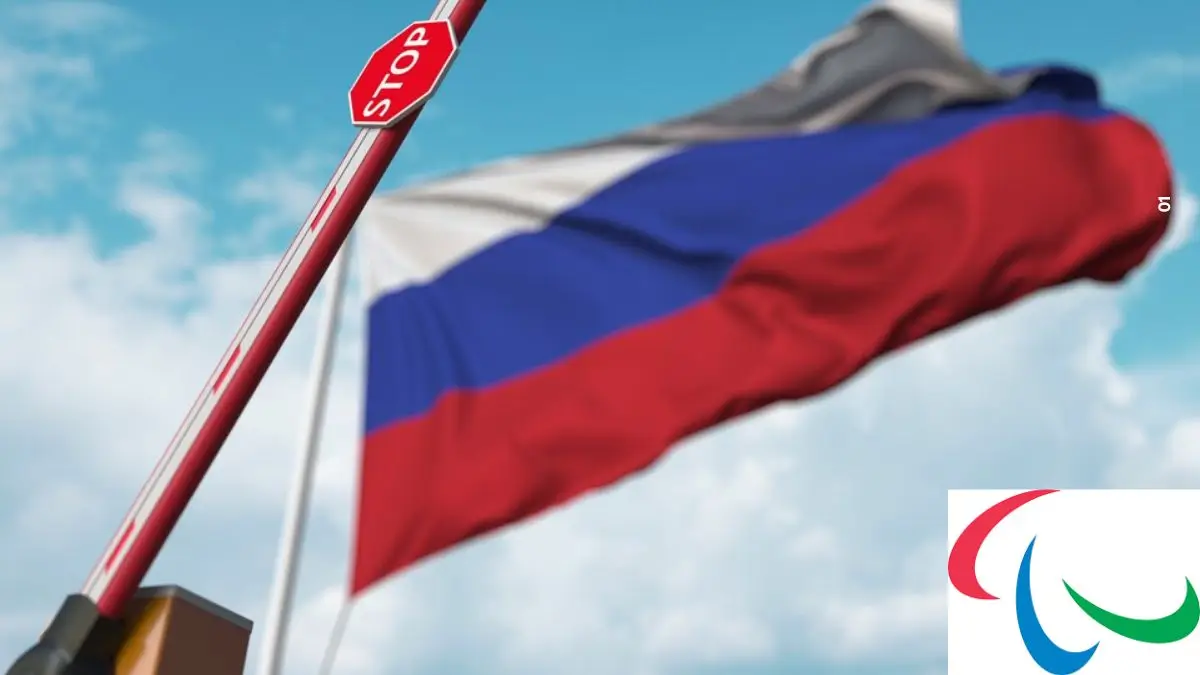Switzerland’s Burqa Ban Law to Take Effect in 2025
Switzerland is set to implement a law that will ban the full-face veil, commonly known as the burqa, from 2025. The decision, passed by a referendum in 2021, has sparked a heated debate across the country and beyond, with supporters hailing it as a step toward security and integration, while critics argue that it infringes on personal freedom and religious rights.
The law, which will affect Muslim women who wear the burqa or niqab, was passed by a significant majority in the 2021 vote. It comes as part of a broader European trend where countries have introduced similar laws citing security concerns and social integration. Under this law, individuals caught wearing a full-face veil in public places, such as on the streets, in public transport, or at schools, will face a fine.
While the Swiss government maintains that the ban is designed to safeguard public order and encourage social integration, the law has ignited discussions about the balance between personal freedoms and societal norms. The government argues that veiling obstructs communication and integration, particularly in a multicultural society like Switzerland.

Why This News Is Important
This news is important because it highlights a significant social, cultural, and legal shift in Switzerland, a country known for its neutrality and respect for individual rights. The ban has implications for several key issues, including women’s rights, freedom of religion, and cultural integration, all of which are critical topics for students preparing for government exams.
The law touches on fundamental rights enshrined in Swiss law and raises important questions about how societies navigate multiculturalism and religious freedoms. It also speaks to broader global debates on secularism and the role of religion in public life. For students, understanding this law is vital in the context of European human rights laws, multicultural policies, and societal cohesion, which often come up in exams for positions in various government sectors.
Historical Context: Background Information
Switzerland has a long tradition of direct democracy, where citizens regularly participate in referenda to make decisions on national laws. The burqa ban law is the result of a 2021 referendum, in which 51.2% of voters supported the initiative to ban the full-face veil. The Swiss government had previously debated such a law in 2017, but it did not garner sufficient support at that time.
Switzerland joins other European countries like France, Belgium, and the Netherlands, which have already enacted similar laws banning full-face veils in public spaces. These laws often cite security concerns, as well as the notion that veiling can hinder social integration and communication in modern, multicultural societies.
However, the decision to implement such laws is often controversial, with critics arguing that they undermine freedom of expression and the rights of Muslim women to practice their religion freely. The debate over the burqa ban has thus been a point of tension in discussions about the balance between security, individual liberties, and cultural integration.
Key Takeaways from “Switzerland’s Burqa Ban Law”
| S.No. | Key Takeaway |
|---|---|
| 1 | Switzerland’s burqa ban law, passed in 2021, will take effect in 2025. |
| 2 | The law bans full-face veils, such as the burqa and niqab, in public places. |
| 3 | The decision was made through a referendum, with 51.2% of voters supporting the ban. |
| 4 | Switzerland’s burqa ban aligns with similar laws in other European countries. |
| 5 | The law raises important discussions on individual rights, freedom of religion, and social integration. |
Important FAQs for Students from this News
1. What is Switzerland’s new burqa ban law?
Switzerland’s burqa ban law prohibits wearing full-face veils, such as the burqa and niqab, in public places starting in 2025. This law was passed through a referendum in 2021, with 51.2% of voters supporting it.
2. Why has Switzerland implemented the burqa ban?
The Swiss government argues that the law is necessary for maintaining public order and social integration. It also claims that full-face veils hinder communication and are not in line with societal values of transparency and equality.
3. How was the burqa ban law passed in Switzerland?
The law was passed through a referendum in 2021, where a majority of Swiss voters (51.2%) supported the ban on wearing full-face veils in public spaces.
4. What are the penalties for violating the burqa ban?
Individuals caught wearing a full-face veil in public will face a fine under the new law, although the exact amount of the fine has not been specified.
5. Which other European countries have similar laws?
Countries like France, Belgium, and the Netherlands have already implemented similar bans on full-face veils, citing security and integration concerns.
Some Important Current Affairs Links

















